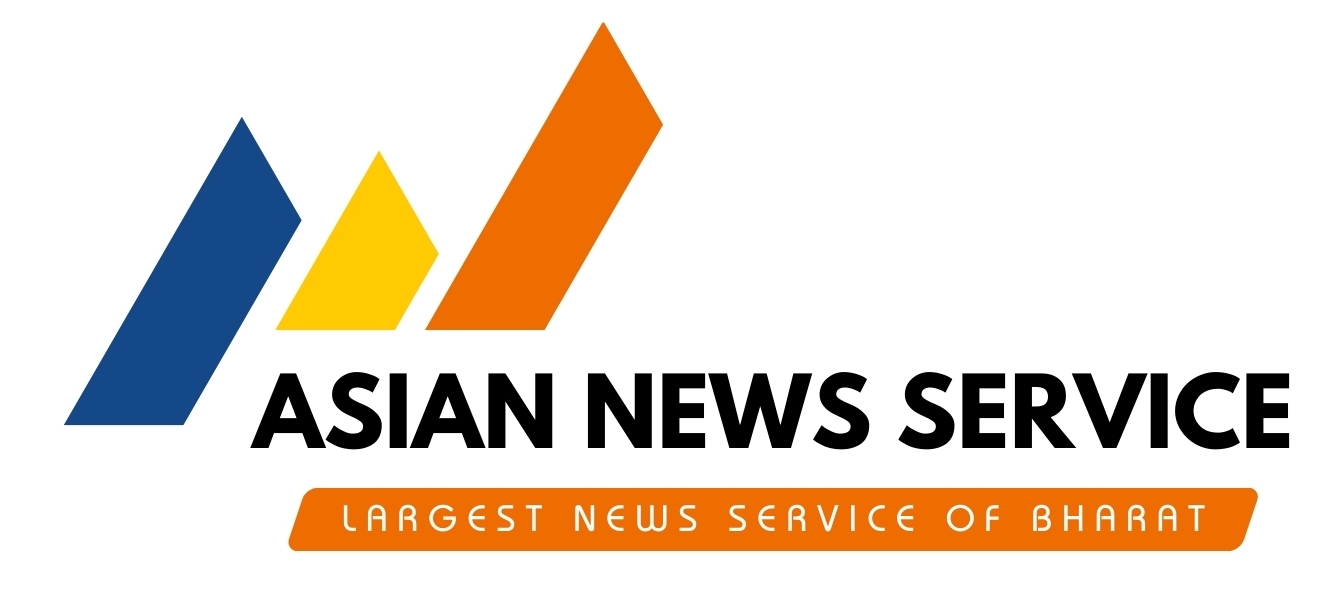Bastar’s Healthcare Landscape Transformed Under Sai’s Good Governance

Yellow and Black Modern Streaming Platform Logo - 5
Raipur, June 29
Under the leadership of Chief Minister Shri Vishnu Deo Sai, Chhattisgarh is witnessing a remarkable transformation in healthcare delivery—not only in urban and rural areas but also deep inside Naxal-affected regions of Bastar division. Effective implementation of government health schemes has brought critical services within people’s reach. Initiatives such as the National Quality Assurance Standards (NQAS), the National Tuberculosis Elimination Programme, and the Malaria-Free Campaign have provided a new impetus to healthcare across Bastar.
Chief Minister Vishnu Deo Sai remarked that the expansion of healthcare infrastructure in Bastar is the outcome of the government’s people-centric vision and dedicated efforts. He noted that the commitment of health department officers, field workers, and community health volunteers like Mitanins has yielded visible results even in the most challenging districts.
Health Minister Shri Shyam Bihari Jaiswal emphasized that ensuring quality healthcare across Chhattisgarh is a key priority of the government. Targeted interventions—including door-to-door screening, timely treatment, and awareness campaigns—have helped control malaria transmission in Bastar. Under the NQAS framework, health facilities across the division have achieved noteworthy milestones.
*Remarkable Achievements Under National Quality Assurance Standards*
Between January 1, 2024, and June 16, 2025, a total of 130 health institutions in Bastar division received quality certification. This includes one district hospital, 16 primary health centres, and 113 sub-health centres. Certification of an additional 65 facilities is in progress. Notably, in the Naxal-affected districts of Kanker (8 facilities), Bijapur (2), Sukma (3), and Dantewada (1), 14 institutions were awarded quality certificates—underscoring the improvement in service standards.
Under the Niyad Nellanar scheme, Bastar division was set a target of creating 62,466 ration cards. Within a year, 36,231 Ayushman cards were registered, covering 52.6% of eligible households across five districts. So far, 6,816 beneficiaries have availed health services under Ayushman Bharat, with claims worth ₹82.2 million processed.
*Strengthening Healthcare Through Staff Appointments*
Over the past 18 months, the government has bolstered Bastar’s healthcare system by appointing 33 medical specialists, 117 medical officers, and one dental surgeon. Additionally, 75 staff were recruited at the state level and 307 at the district level, while recruitment for another 291 positions is underway. These measures have significantly enhanced both the availability and quality of medical services.
*Expanding Access in Naxal-Affected Areas*
Extending quality healthcare to Naxal-affected districts has remained a top priority. Residents of Kanker, Bijapur, Sukma, and Dantewada are now benefiting from improved health infrastructure and services. This transformation reflects the outcomes of Vishnu Deo Sai’s model of good governance, which has redefined the healthcare landscape in Bastar.
These ongoing reforms are not only raising the standard of living for local communities but also demonstrating that determined governance and focused action can drive positive change, even in the most difficult regions.
